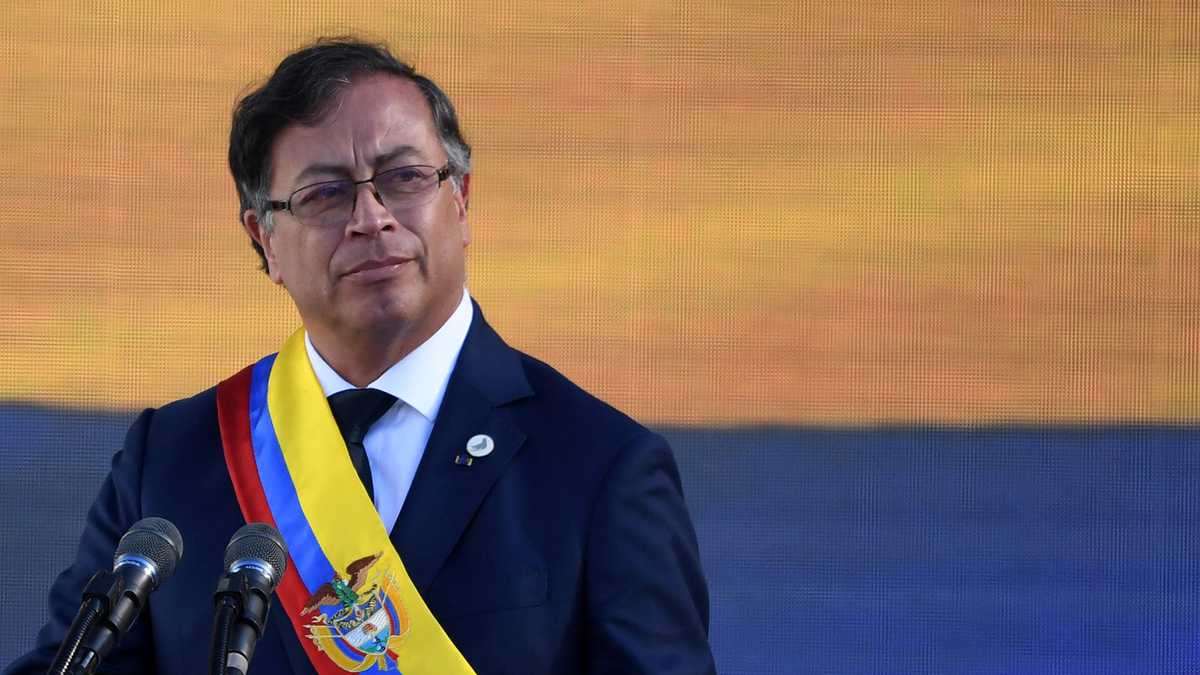Colombia’s president, Gustavo Petro, has left open the possibility of extending the 2016 “peace agreement” with FARC terrorists as he considers it to be “incomplete” because, as former president Juan Manuel Santos said, there are “red lines” that “had to do with the economic model”.
“In my opinion, undoubtedly, it remains incomplete. I would like it to be convened to look at the issues that were not introduced, more in a perspective of dialogue with society (…) It was necessary to talk about the economic model; it was a mistake not to do so,” he said during an event held in Medellin.
“In the Santos government, when the meeting was held, the process with the FARC, Santos himself spoke on occasion publicly of putting some red lines, he said, they had to do with the economic model,” Petro recalled.

For Petro, if all the points of these agreements were to become a reality, it would result in a “rural society” full of “romanticism” but without “knowledge”.
According to his analysis of the text, “the word university” is missing, and “the word industrialization is not written”.
He said having an equitable and advanced rural world is impossible without knowledge and industrialization.
Concerning these agreements, he also reproached that the previous government of Iván Duque did not do enough to fulfill them.
This legacy is now up to them to solve, especially the land distribution.
“The first point of the peace agreement with the FARC speaks of an agrarian reform of three million hectares. Colombia has 20 million hectares of fertile land, highly concentrated in a minority who do not make it produce”, Petro has stressed, about one of the main reasons for the armed conflict that has been going on for more than half a century in the country.
“But how much did the previous government hand over? 17,000 hectares in four years. And the deadline is twelve,” Petro has emphasized.
He has pointed out that his government must deliver at least 1.5 million hectares in the next four years to meet the deadlines set in those agreements.
“So why did the State sign this agreement if it was not going to fulfill it? To deceive? To betray it? (…) If a peace agreement is betrayed, what does society expect? A lot more violence,” he said.
The non-compliance with these agreements, especially the points related to agrarian reform, ratified by the Santos government and the FARC in Havana in 2016, was the argument put forward by some of the terrorists who took advantage of it to return to the path of armed struggle, thus giving way to dissidents.
With information from LGI

